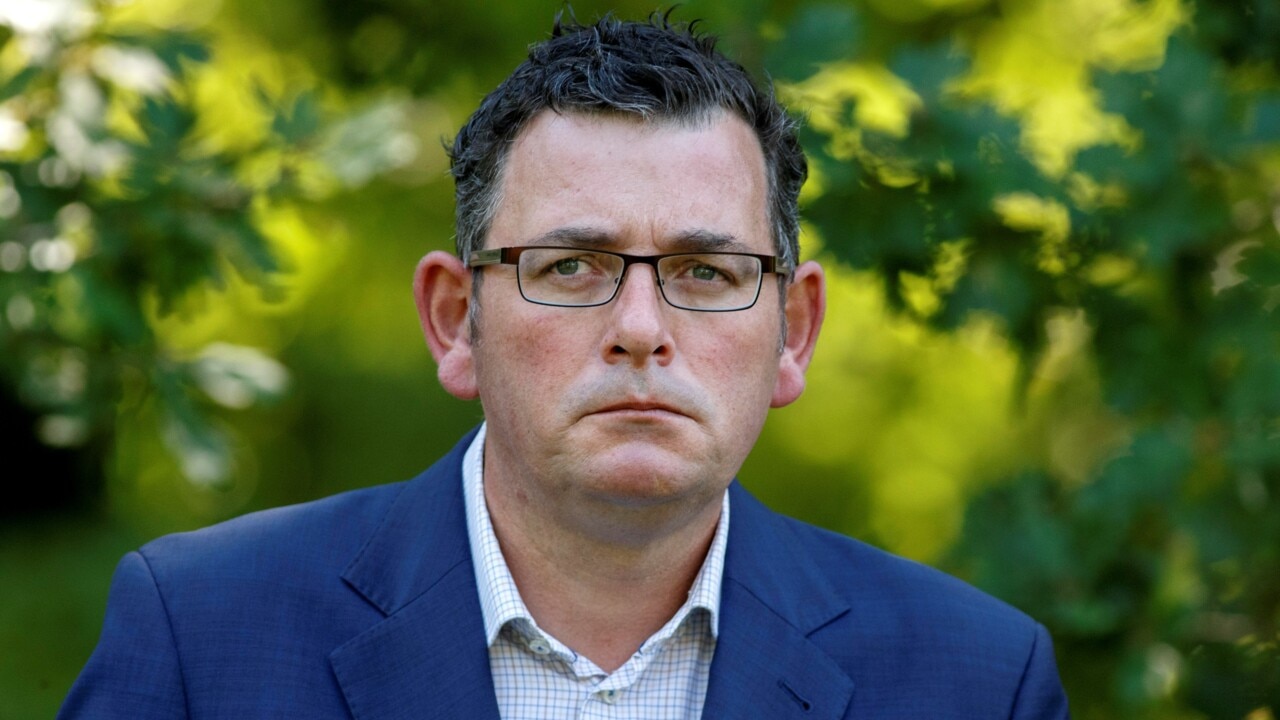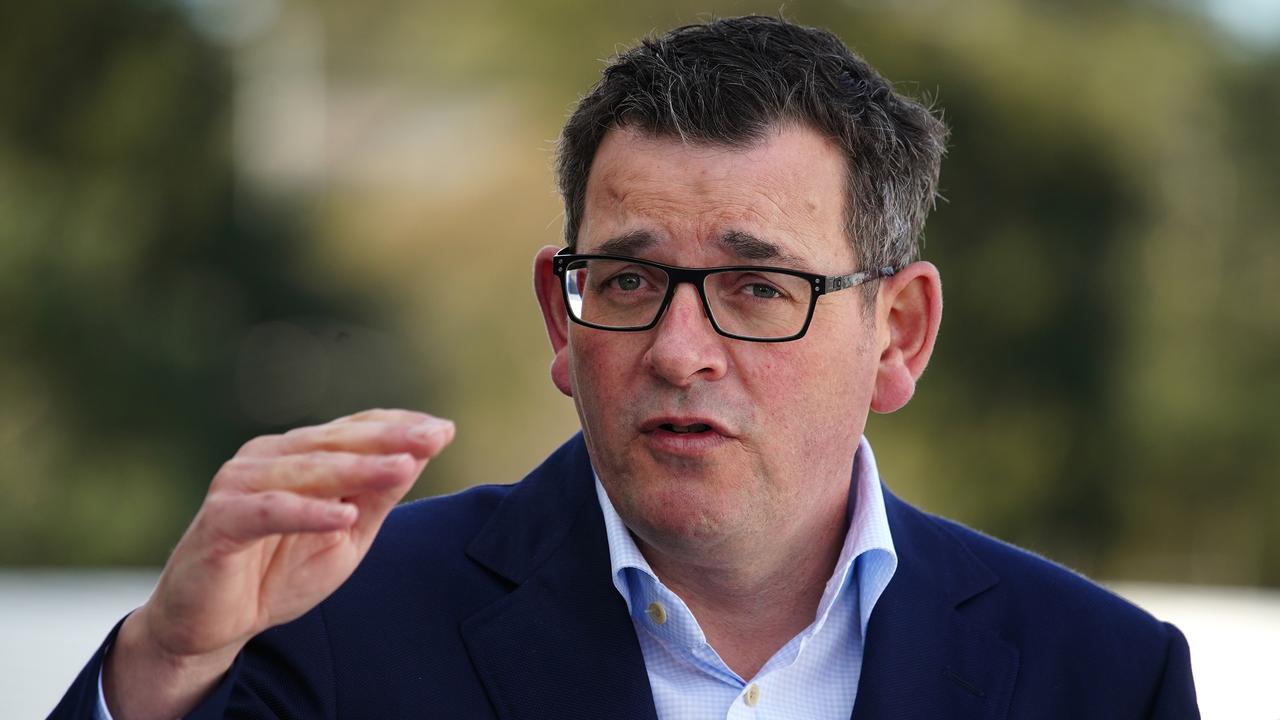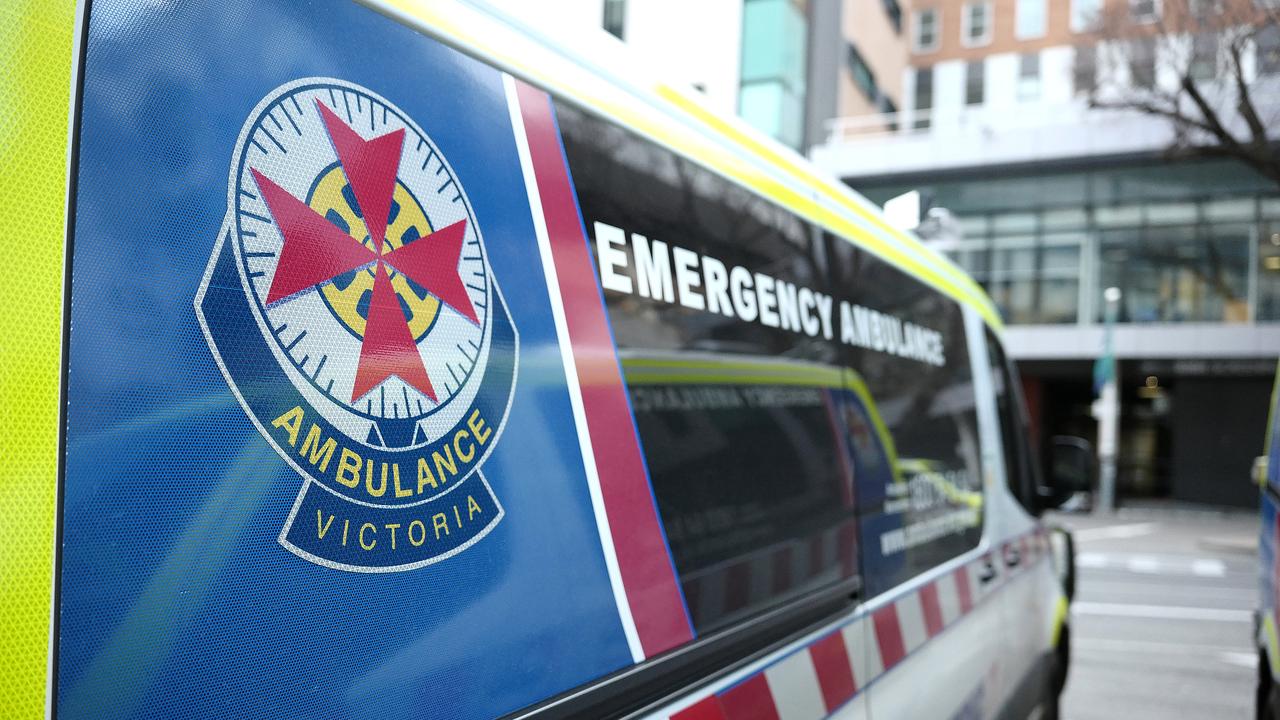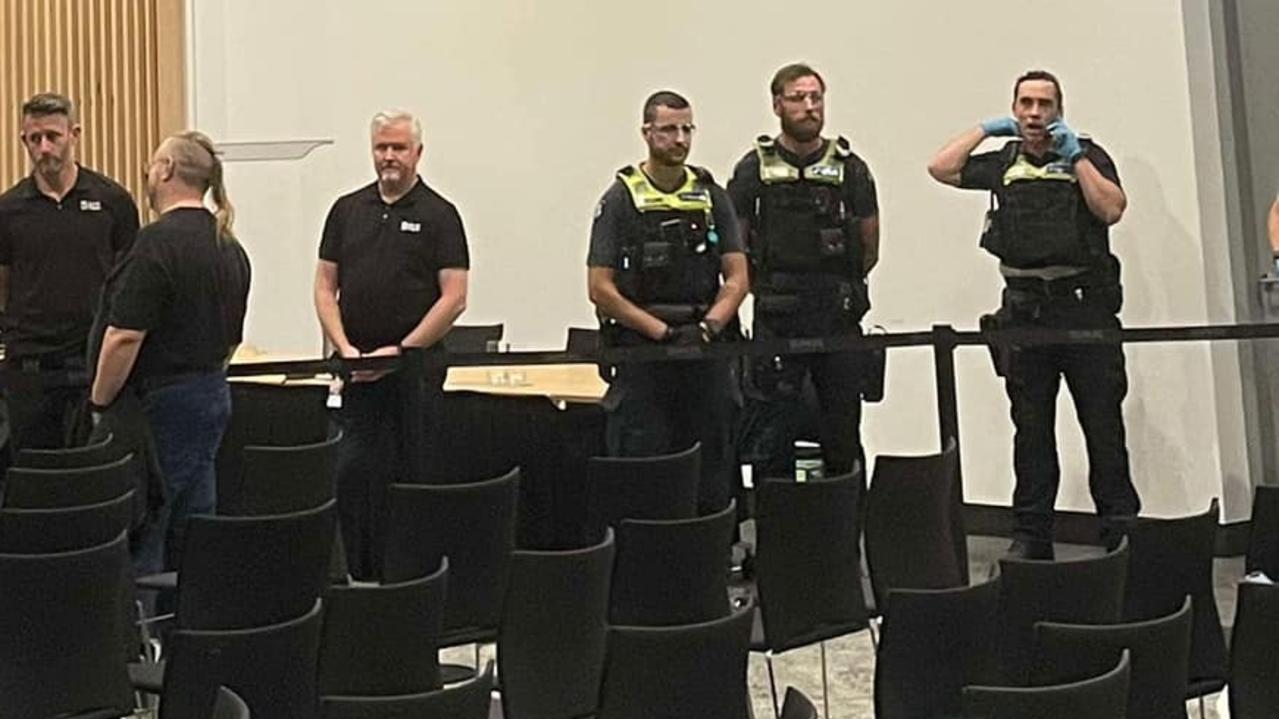Surge that crippled Victoria’s triple-0 service was ‘accurately predicted’ ahead of time
The man who authored a damning report into Victoria’s broken triple-0 system has poured cold water on one of Daniel Andrews’ excuses.

The surge that crippled Victoria’s triple-0 service and led to the deaths of 33 people was “accurately” predicted well ahead of time, despite claims by Premier Daniel Andrews that it was “not foreseeable”.
The Victorian government on Saturday revealed that “failings” in the state’s triple-zero service saw 33 people die between July 2021 and the end of May this year.
The findings were within an independent report by Emergency Management Inspector-General Tony Pearce, which found the speed the Emergency Services Telecommunications Authority (ESTA) was answering calls at had “fallen below community and government expectations”.
One call to Victoria’s triple-zero service in January took 76 minutes to be answered.
Speaking to the media on Tuesday, the Premier said the coronavirus pandemic had placed pressure on the system that could not have been forecast.
“The extent to which the system was overwhelmed was not foreseeable,” he said.
But Mr Pearce told media on Wednesday morning that not only was the surge foreseeable, it was predicted accurately.

“In some ways, you couldn’t predict the full impact of this pandemic across the community, but for ESTA, they were able to forecast accurately what was coming down the pipeline for their business,” he told ABC Mornings.
“They just didn’t have the resources in place and they didn’t have the funding model.”
The Premier was accused of trying to bury the report by releasing it a month after it was received on August 5 and on a Saturday when AFL finals in Melbourne were on for the first time in three years.
Mr Andrews told media that Mr Pearce had been “making changes to this report late last week” but those changes related to a single typo.
“On Wednesday last week, there was a single digit in some data in the report that was a typo that was corrected and the report reprinted,” Mr Pearce said.
He said the document was otherwise the “same report”.
Mr Andrews was asked to explain why it took him until Tuesday to front the media about the report. “I‘m not going to play that game because it’s not a game. It’s very, very serious, it’s very significant,” he said on Tuesday.
Saturday press conferences - with most political/health reporters off work - tend to be minor announcements like unsafe product warnings, a couple of new trams or a new event
— Paul Sakkal (@paulsakkal) September 3, 2022
Today - new info about 33 dead Victorians, which was meant to be published during the week
Appalling https://t.co/kGSWStgpaI
“I think that sort of questioning with the greatest of respect diminishes the pain and the suffering of those families and so many other families who have lost someone because of this global pandemic.”
He then gave a timeline of what he had been doing for the last three days.
“In terms of what I was doing, I was at home on Saturday, so if you think I was off doing something exotic, I wasn’t.
“I was at home on Sunday … I was dealing with a rather sick child.
“On Monday, I had back-to-back cabinet meetings, as I do every single Monday. It’s very rare that I would come and do a press conference with you on a Monday.
“I usually come out on a Tuesday and here we are.
“It‘s very interesting this. We’re in Melbourne … every day in September is about football,” Mr Andrews continued.
“If it had been released on Monday, Tuesday, Wednesday of this week, then you would be putting it to me that it had been sat on for a period of time.

“So you run your commentary, you run your narrative, work out whatever theories you want to advance, but please don’t ask me to validate them when they’re just not right.
“They just aren’t.”
Mr Andrews apologised to those who had been impacted by the triple-0 service at the beginning of his press conference.
“I offer my deepest condolences and sympathies and my personal apology and the apology of the government more broadly to anybody who has been touched by this virus and particularly those who have lost a loved one,” he said.
“You can’t imagine the pain and the great burden that those families carry with them every single day.
“We extend those condolences and that apology with a sense of commitment not only to those individuals but a commitment to every single Victorian to make the change to make the improvements, the investments, that’s what we are doing now.”
Mr Pearce identified 40 “potential adverse events” in his report where seriously ill and injured patients had to wait for an ambulance while their triple-0 calls were delayed. From those incidents, 33 people died.






